Long before the term ESG became mainstream, Islamic finance had already been practising the underlying principles of environmental, social, and governance responsibility. The ethical framework of Islamic finance inherently includes a commitment to social justice, environmental stewardship, and ethical governance. At IFAAS, we help our clients align their financial practices with these enduring principles, ensuring that their operations are not only profitable but also beneficial to society and the planet.
IFAAS assists its clients in developing and implementing financial products that meet Maqasid Al-Shariah (the objectives of Shariah) avoiding harm to the society and environment and actively contributing to its preservation. For example, we provide advisory services on green investment strategies, helping organisations reduce their environmental impact while staying true to Islamic values.
On the social front, Islamic finance mandates fairness, transparency, and the prohibition of exploitation. IFAAS works with its clients to develop and implement financial products that promote social equity and economic inclusivity. This includes financing initiatives that support community development, poverty alleviation, and access to essential services like healthcare and education. In terms of governance, Islamic finance insists on ethical behaviour, accountability, and transparency. Our advisory services ensure that these principles are woven into the fabric of our clients’ governance structures, promoting integrity and trust in their business practices.


